AI Alignment
What is AI Alignment? AI alignment ensures that artificial intelligence systems function according to human values, goals, and intentions. It addresses the challenge of designing AI so that its actions
What is AI Alignment? AI alignment ensures that artificial intelligence systems function according to human values, goals, and intentions. It addresses the challenge of designing AI so that its actions
Artificial intelligence (AI) is becoming essential to daily life, but its impact goes beyond convenience and efficiency. AI ethics are about ensuring that AI technology is developed and used responsibly.
What is AI Governance? AI governance refers to the systems, frameworks, rules, and practices that guide how artificial intelligence is designed, developed, deployed, and monitored. It is not a single
What is AI Regulation? AI regulation refers to the legal frameworks, policies, and industry standards that govern the development, deployment, and ethical use of artificial intelligence. Governments and regulatory bodies
What is Algorithmic Transparency? Algorithmic transparency refers to the clarity and openness with which organizations or developers disclose how an algorithm functions, what data it uses, how decisions are made,
What Is Anomaly Detection? Anomaly detection is a process in data analysis and machine learning used to identify rare patterns, errors, or unusual observations that do not conform to expected
What Is Anomaly Detection? Anomaly detection is a process in data analysis and machine learning used to identify rare patterns, errors, or unusual observations that do not conform to expected
Artificial Intelligence (AI) is a branch of computer science that focuses on creating machines or software capable of performing tasks that require human intelligence, like learning, problem-solving, decision-making, perception, and
The attention mechanism is a core concept in deep learning, especially in natural language processing (NLP). It allows models to focus on the most relevant input parts when generating an
Auto-scaling refers to automatically adjusting the number of computing resources assigned to a particular application or service based on its current demand. This technology is often used in cloud computing
An autoencoder is a type of artificial neural network used for unsupervised learning, primarily to learn efficient codings of data. It works by encoding the input into a compact representation
What is AutoML? Automated Machine Learning (AutoML) is the process of automating the development of machine learning models, reducing the need for manual intervention in model selection, feature engineering, hyperparameter
What Are Autonomous Agents? Autonomous agents are software or robotic systems operating independently without constant human supervision. They make decisions based on programmed rules, machine learning models, or real-time environmental
Beam search is a decoding algorithm used in artificial intelligence and machine learning to generate text or other data sequences. It works by tracking multiple possible outputs simultaneously, rather than
Bias in AI happens when artificial intelligence systems make unfair decisions. This means the AI favors one group over another. The unfairness comes from the data, how the system is
Chain-of-Thought Prompting (CoT) is a method used to prompt large language models and improve their reasoning by encouraging them to think through steps. Instead of directly asking the model for
Chargeback in cloud computing is the practice of attributing the costs of cloud resources to the specific business units, departments, or projects that utilize those resources. This method helps promote
What Are Chatbots? A chatbot is artificial intelligence-powered software that interacts with users through text or voice-based conversations. It simulates human interaction by understanding user queries and responding in a
In generative modeling, particularly with diffusion models, achieving control over output based on user-provided conditions (like text prompts or class labels) is essential. Earlier methods achieved this control by utilizing
Cloud cost management, also known as cloud cost optimization, involves organizing and controlling the costs and operations of cloud technology within an organization. This includes identifying and implementing cost-effective strategies
